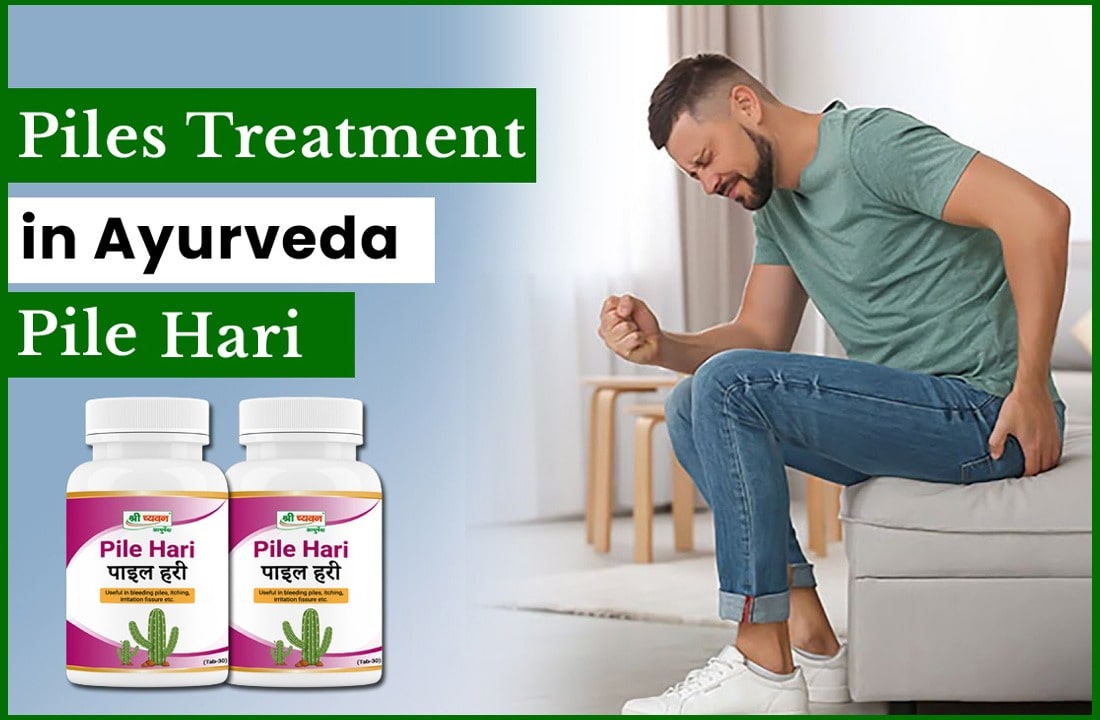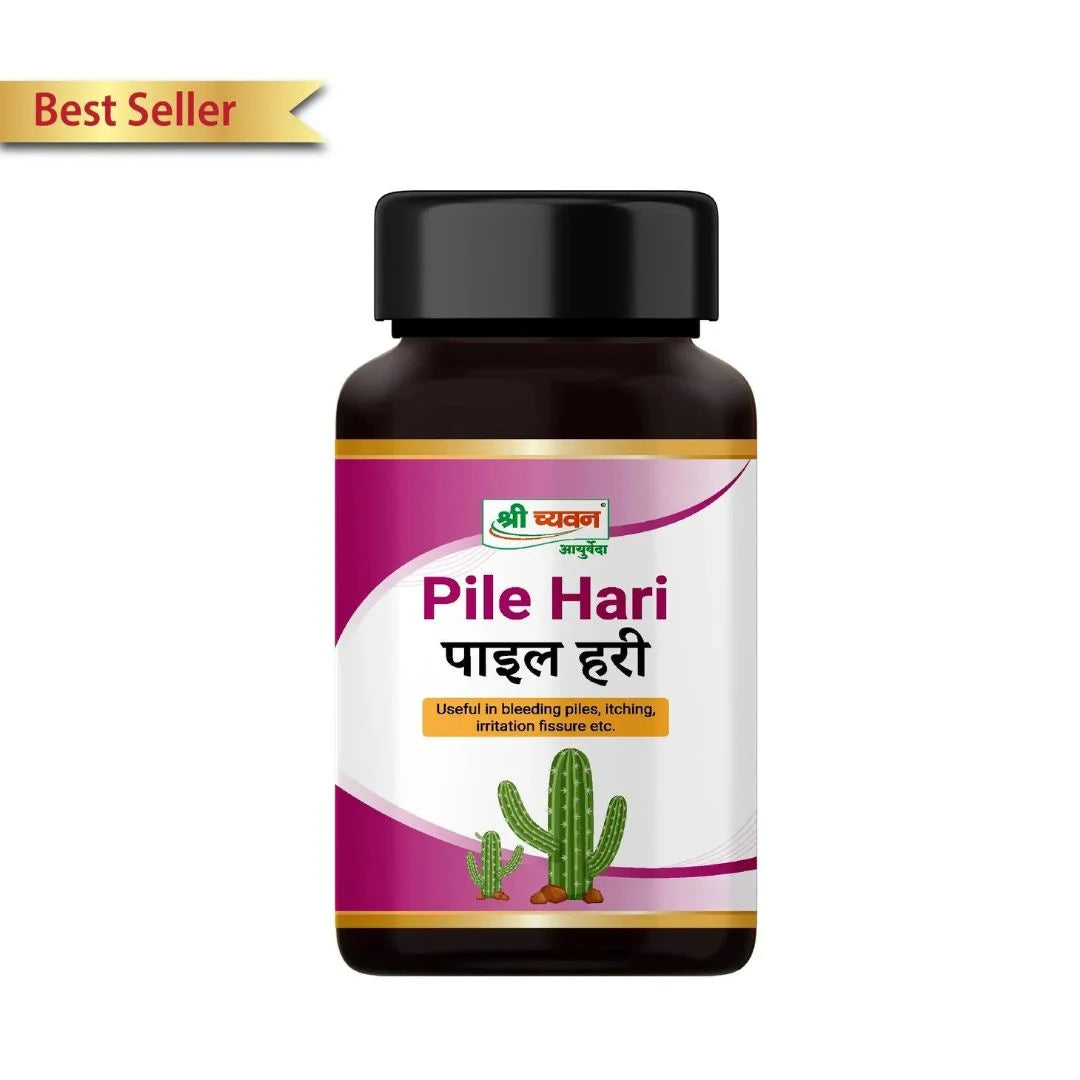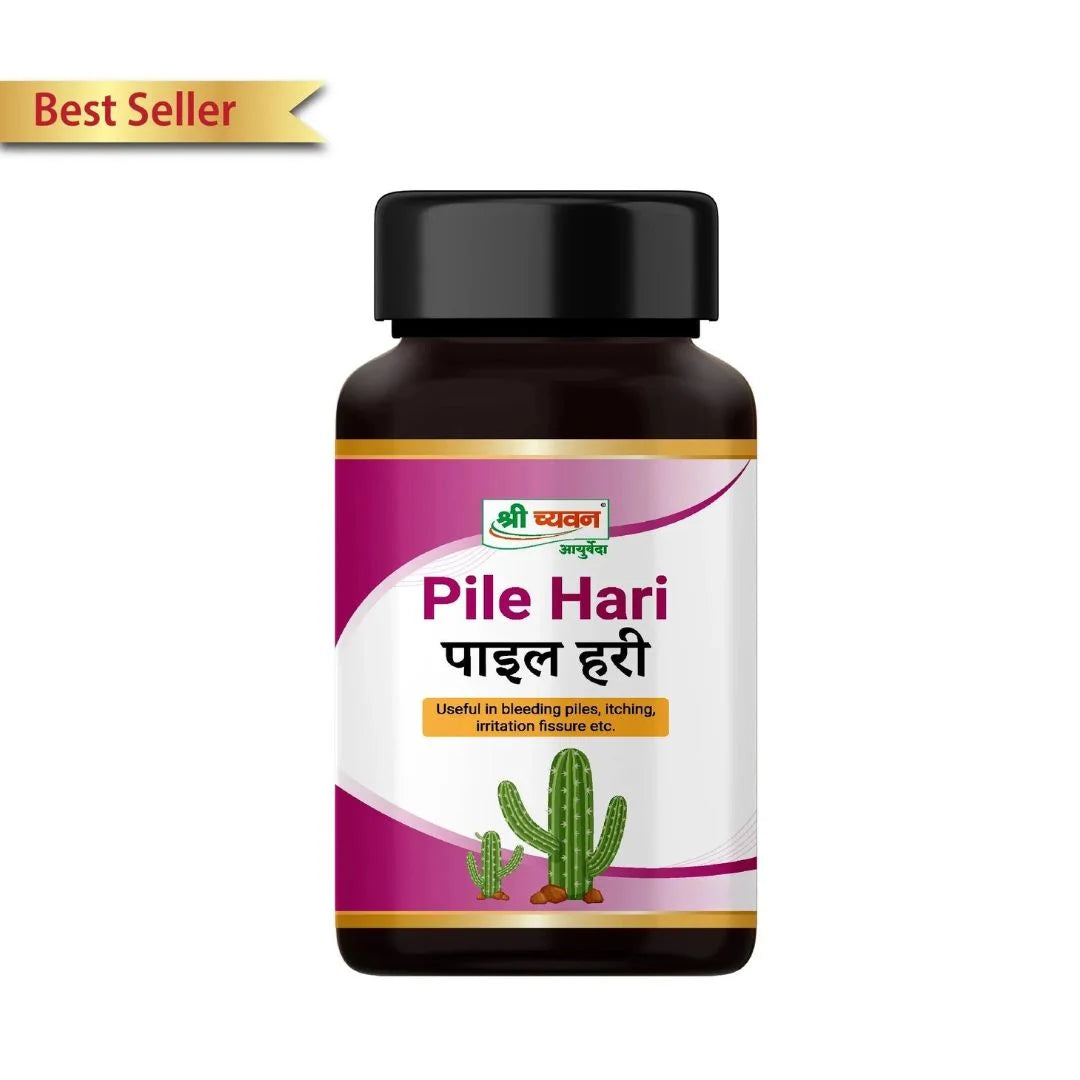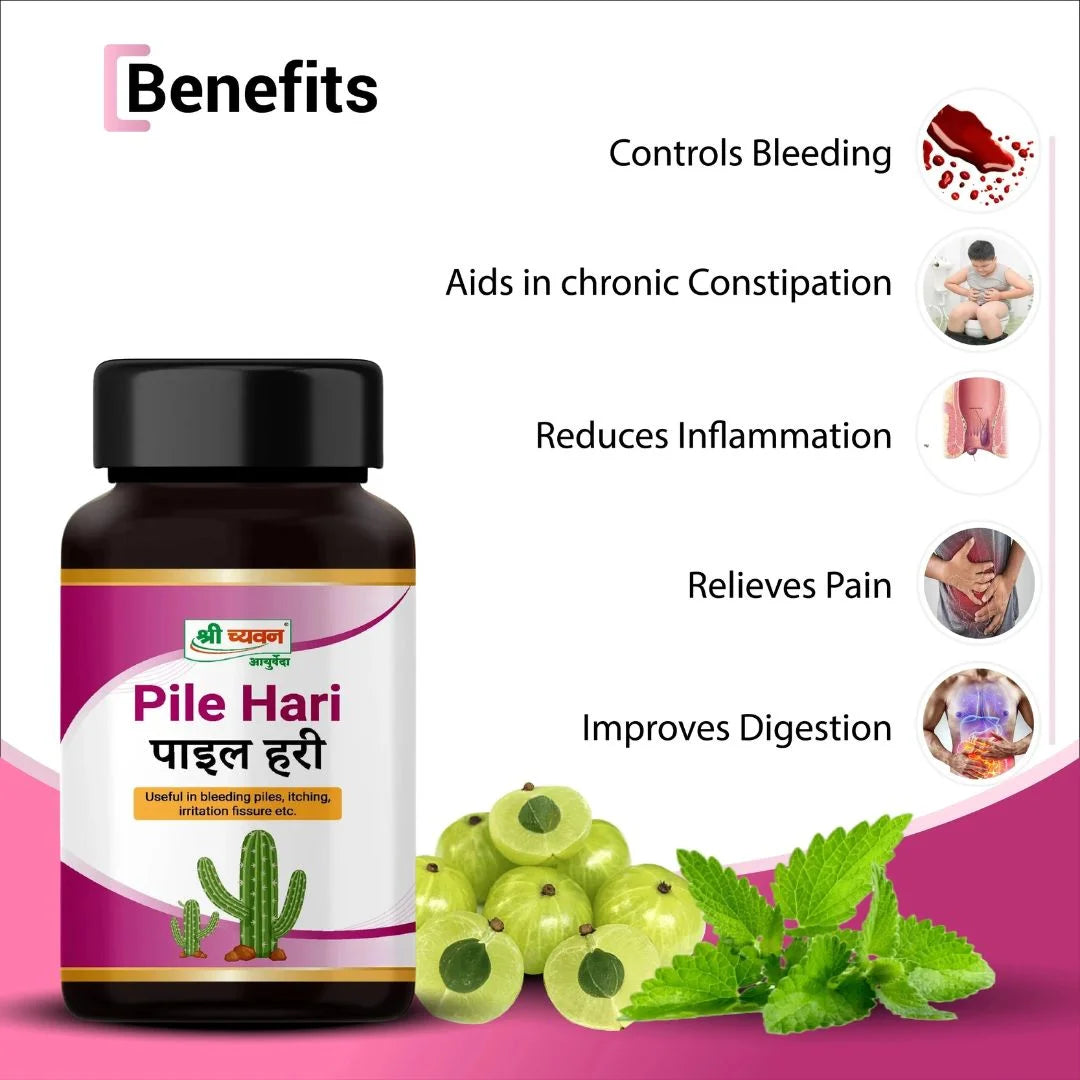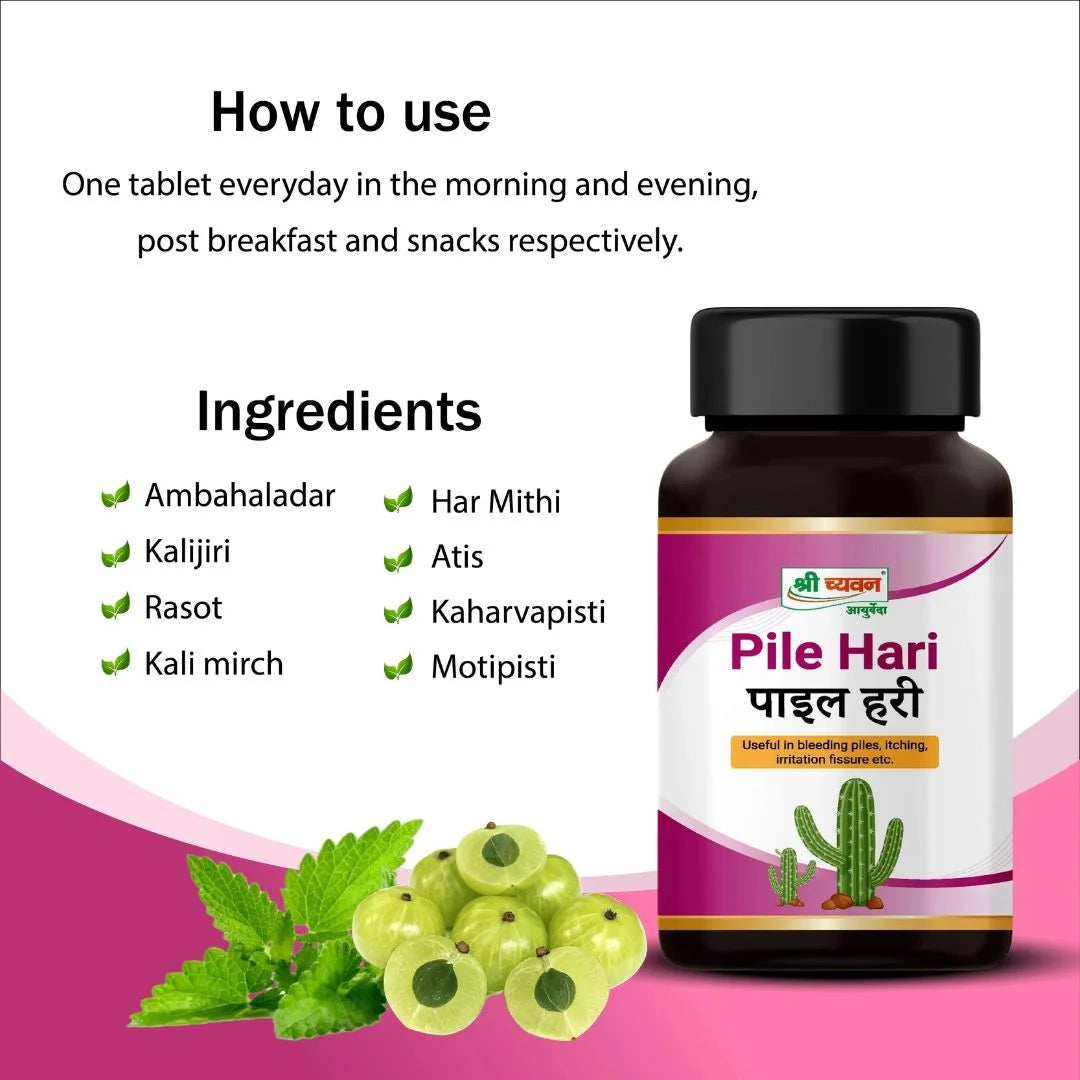In our modern world, a sedentary lifestyle has become the norm for many individuals, especially those with desk jobs. Unfortunately, this lifestyle choice has been linked to a range of health issues, including the development of piles, also known as hemorrhoids. Piles are swollen and inflamed blood vessels in the anal area that can cause discomfort and pain. Ayurveda, the ancient Indian system of medicine, offers valuable insights into the connection between a sedentary lifestyle and piles, along with practical suggestions for prevention and treatment.
The Sedentary Lifestyle and Piles Link:
A sedentary lifestyle, characterized by prolonged periods of sitting and minimal physical activity, can lead to a host of health problems. One such problem is the increased risk of piles. The lack of movement can contribute to poor blood circulation, especially around the anal area, leading to the enlargement and inflammation of blood vessels. Additionally, prolonged sitting can put pressure on the rectal area, making the development of piles more likely.
Ayurvedic Perspective on Piles:
Ayurveda views piles as a result of imbalances in the body's doshas, particularly Vata and Pitta. Imbalances in these doshas can lead to poor digestion, constipation, and stagnant blood circulation—all of which are contributing factors to piles. According to Ayurveda, incorporating a holistic approach that addresses dietary habits, lifestyle choices, and exercise can help prevent and manage piles. There are also a number of the best ayurvedic medicine for piles treatment available, providing complete relief without causing any side effects.
What are the symptoms of piles?
Piles, also known as hemorrhoids, can manifest with a variety of symptoms. The severity and type of symptoms can vary based on the type and extent of the piles. The main symptoms of piles include:
-
Bleeding: One of the most common symptoms is bright red blood on the toilet paper, in the toilet bowl, or on the surface of the stool. This bleeding can be painless and is often associated with internal piles.
-
Pain and discomfort: External piles, which form around the anal opening, can cause pain, itching, and discomfort. These symptoms can intensify during bowel movements or when sitting for extended periods of time.
-
Swelling and Lump Formation: External piles might result in the formation of a lump around the anal area. This lump can be sensitive to touch and cause discomfort.
-
Itching and Irritation: Piles can lead to itching around the anal region due to the irritation caused by swollen blood vessels and the potential presence of mucus.
-
Prolapse: In some cases, internal piles can protrude from the anal canal during bowel movements. This condition is known as prolapsed haemorrhoids and can cause a feeling of incomplete evacuation.
-
Mucous Discharge: Piles might lead to the secretion of mucus from the anus, which can cause irritation and discomfort.
-
Painful Bowel Movements: Passing stool can be painful, especially if the piles are inflamed or thrombosed (blood clot formation within the piles).
-
Sensation of a Foreign Body: Individuals with piles might experience the sensation of having a foreign object or lump in the rectal area.
-
Difficulty Sitting: Piles, particularly external ones, can make sitting uncomfortable and painful.
- Infection and Abscess Formation: In rare cases, piles can become infected, leading to the formation of an abscess around the anal area. This can cause pain, swelling, and fever.
It's important to note that while piles are common and often harmless, these symptoms can also indicate other conditions such as anal fissures, anal fistulas, or more serious issues.
How can you treat Piles through Ayurveda?
Shri Chyawan Ayurveda has formulated Ayurvedic Medicines for Piles - Pile Hari for natural treatment of hemorrhoids and piles. All our products are prepared using best quality herbs and strictly follow the principals of Ayurveda. All our products are pure, natural and safe to use, and do not cause any side-effects.
Pile Hari Vati: It helps to heal inflammation and soothe pain and discomfort. It also has laxative properties that induce peristaltic movements, thus making the process of evacuating of bowels pain-free.
Ingredients: It consists of- Ambahaladar, Kalijiri, Rasot, Kali mirch, Har, Methatis, Kaharvapisti, Motipisti, Amla, Methi, Variyali, Bolbaddhras, and Kaharvapisti.
How to use: One tablet every day in the morning and evening, post breakfast and snacks respectively.
Exercises to Prevent Piles:
-
Yoga: Yoga offers a range of poses that can improve blood circulation, aid digestion, and reduce the risk of piles. Poses like Pavanamuktasana (Wind-Relieving Pose), Bhujangasana (Cobra Pose), and Malasana (Garland Pose) can be particularly beneficial.
-
Walking: Even in a sedentary job, taking short breaks to walk around can make a significant difference. Walking stimulates blood flow and helps prevent the stagnation of blood around the anal area.
-
Kegel Exercises: These exercises involve contracting and relaxing the pelvic floor muscles. Strengthening these muscles can improve circulation and reduce the risk of developing piles.
- Pranayama: Breathing exercises such as Anulom Vilom and Kapalbhati can help regulate digestion and improve blood circulation throughout the body.
Habits to Incorporate:
-
Stay Hydrated: Drinking plenty of water supports healthy digestion and helps prevent constipation, a common trigger for piles.
-
Fiber-Rich Diet: Including foods high in dietary fiber, such as whole grains, fruits, and vegetables, can promote regular bowel movements and prevent straining during bowel movements.
-
Maintain Posture: Sitting with proper posture can alleviate pressure on the rectal area. Use ergonomic chairs and cushions if necessary.
-
Regular Breaks: If your job involves prolonged sitting, make a conscious effort to take breaks. Stand up, stretch, and move around for a few minutes every hour.
- Warm Water Therapy: Ayurveda suggests using warm water to cleanse the anal area after bowel movements. This practice can help soothe inflammation and provide relief.
A sedentary lifestyle can have detrimental effects on our overall health, including an increased risk of developing piles. Ayurveda offers a holistic approach to preventing and managing piles by focusing on the balance of doshas, dietary choices, and exercise routines. Incorporating regular movement, practicing yoga and pranayama, and adopting healthy habits can go a long way in maintaining optimal digestive health and preventing piles.

